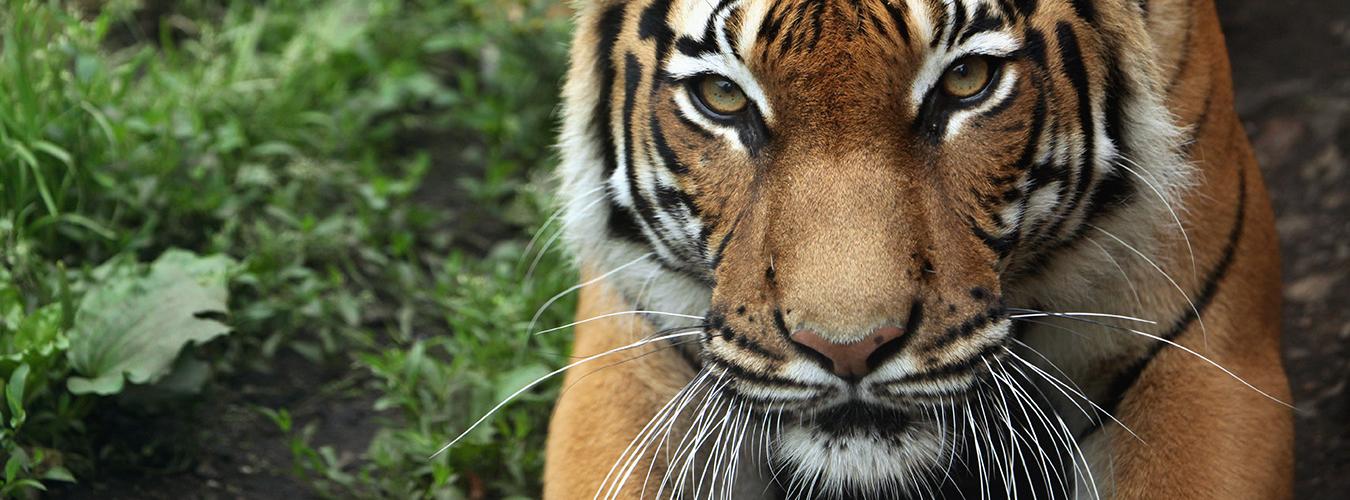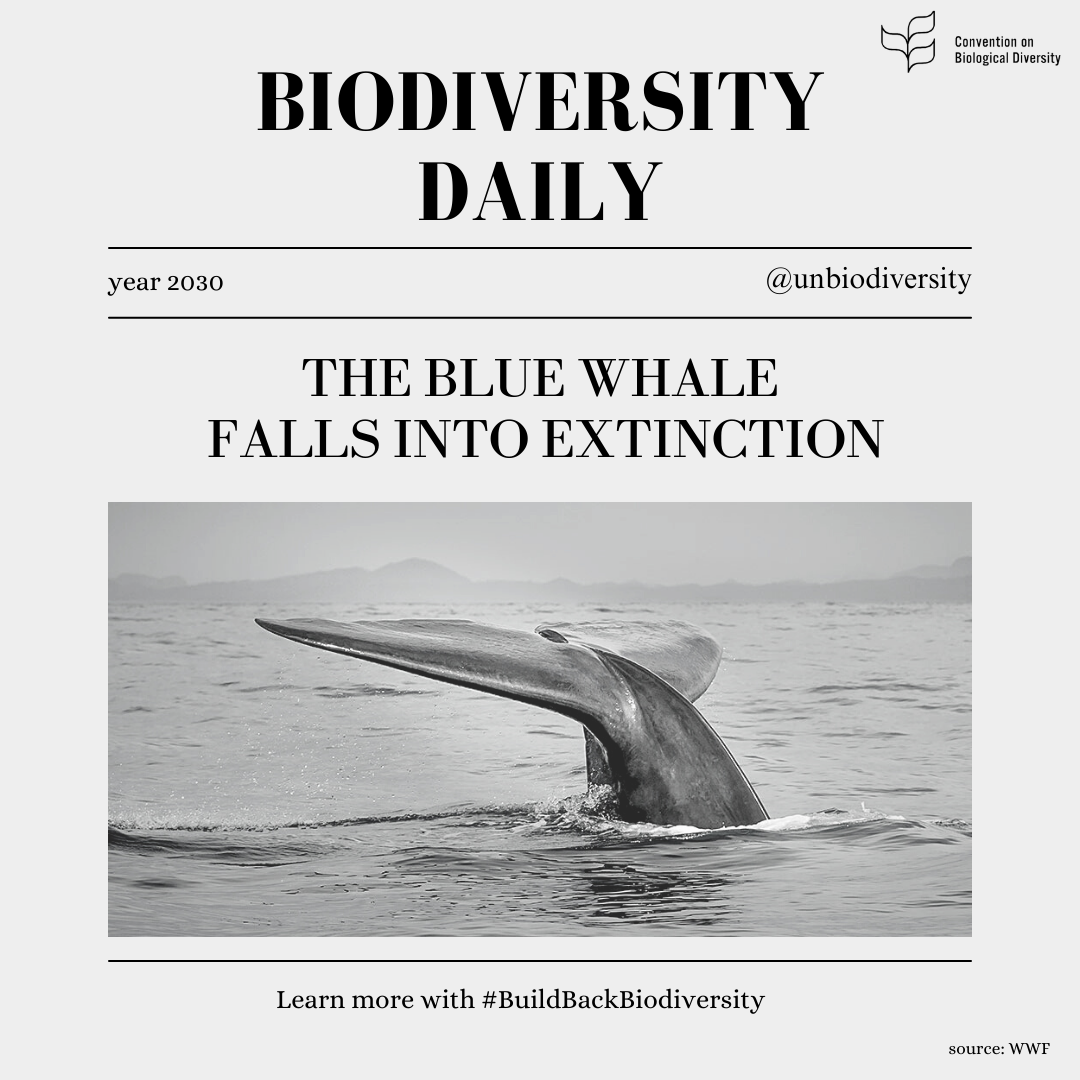
From agreement to action: build back biodiversity
As the global community is called to re-examine our relationship to the natural world, one thing is certain: despite all our technological advances we are completely dependent on healthy and vibrant ecosystems for our water, food, medicines, clothes, fuel, shelter and energy, just to name a few.
This involves respecting, protecting, and repairing our biological wealth.
Undoubtedly, this year is special in terms of biodiversity conservation. We now have a renewed sense of hope with the adoption of the Kunming-Montreal Global Biodiversity Framework, a historic agreement signed in December 2022 that sets goals and concrete measures to stop and reverse the loss of nature by 2050.
That is why the theme of the International Day for Biological Diversity is from agreement to action: build back biodiversity. The slogan promotes the idea that, now that we have an action plan agreed upon at a global level, we must implement all the measures that the agreement contemplates before 2030. Only in this way will we be able to obtain protected and sustainable biological diversity by 2050. That is the main message from the Convention on Biological Diversity (CBD), the key international instrument for sustainable development.

Let’s avoid headlines like this with our “Paris Agreement” on biodiversity
Get to know the Kunming-Montreal World Framework for Biological Diversity approved in December. Among its goals: restore 30% of ecosystems, reduce food waste by half, and invest at least $200 billion annually in strategies that benefit biodiversity. All by 2030.
When biodiversity has a problem, humanity has a problem
Biological diversity is often understood in terms of the wide variety of plants, animals and microorganisms, but it also includes genetic differences within each species — for example, between varieties of crops and breeds of livestock — and the variety of ecosystems (lakes, forest, deserts, agricultural landscapes) that host multiple kind of interactions among their members (humans, plants, animals).
Biological diversity resources are the pillars upon which we build civilizations. Fish provide 20 per cent of animal protein to about 3 billion people. Over 80 per cent of the human diet is provided by plants. As many as 80 per cent of people living in rural areas in developing countries rely on traditional plant‐based medicines for basic healthcare.
But loss of biodiversity threatens all, including our health. It has been proven that biodiversity loss could expand zoonoses – diseases transmitted from animals to humans- while, on the other hand, if we keep biodiversity intact, it offers excellent tools to fight against pandemics like those caused by coronaviruses.
While there is a growing recognition that biological diversity is a global asset of tremendous value to future generations, the number of species is being significantly reduced by certain human activities. Given the importance of public education and awareness about this issue, the UN decided to celebrate the International Day for Biological Diversity annually.
Did you know?
- Current negative trends in biodiversity and ecosystems will undermine progress towards 80% of the assessed targets of 8 Sustainable Development Goals.
- Three-quarters of the land-based environment and about 66% of the marine environment have been significantly altered by human actions.
- 1 million animal and plant species are now threatened with extinction.
Share!
https://www.un.org/en/observances/biological-diversity-day
